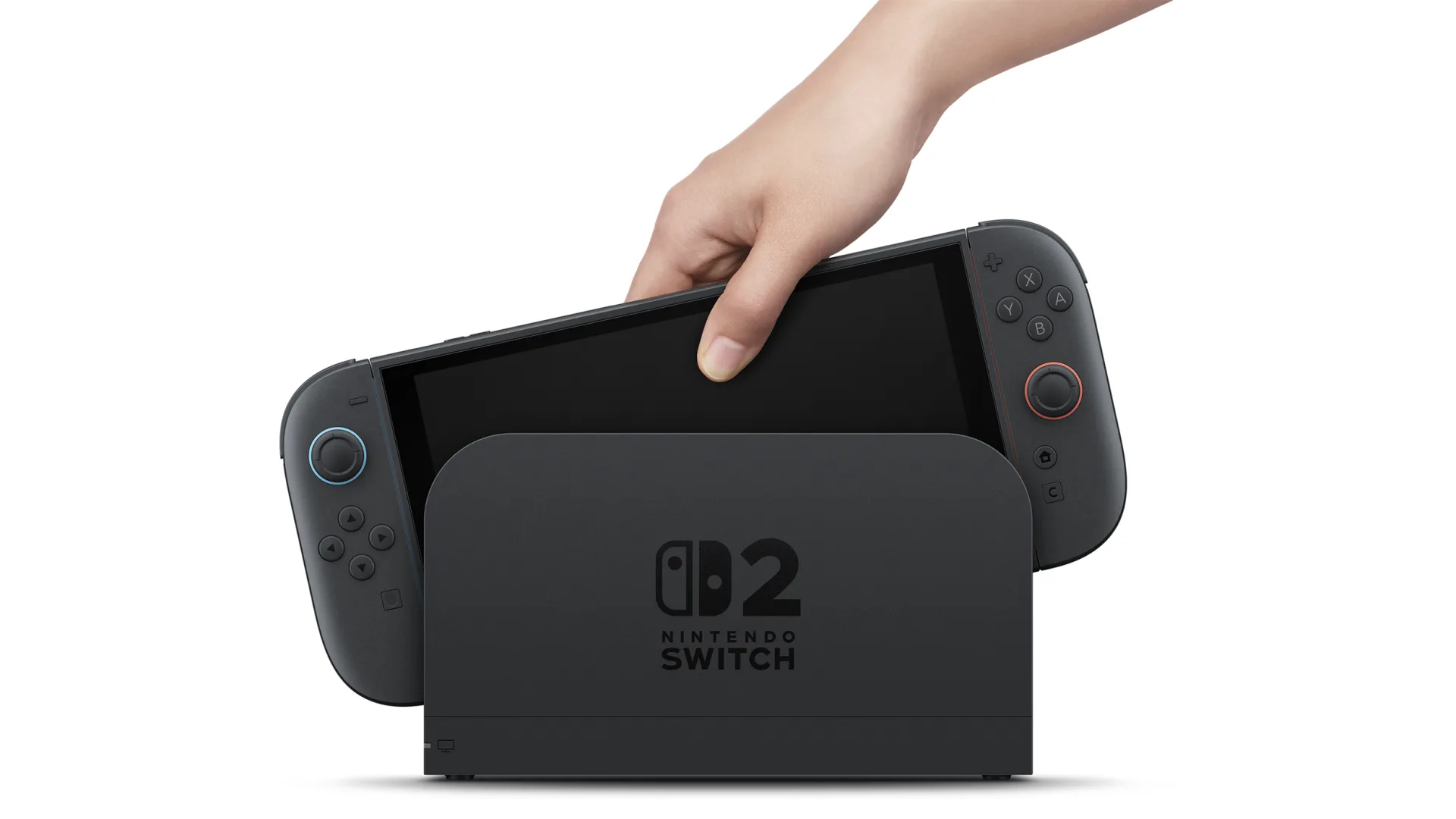The Nintendo Switch 2 faces delays and potential price hikes due to new U.S. tariffs, sparking fears of industry-wide job losses, rising costs, and long-term consequences for gamers and developers alike.
The Nintendo Switch 2, priced at $449.99 with a June 5 launch date, has hit a snag: a delay in its pre-order window following the announcement of new U.S. tariffs. While at first glance this might seem like just another logistical hiccup, it points to a much deeper issue rippling through the gaming industry—one that could reshape the entire market.
According to Aubrey Quinn, spokesperson for the Entertainment Software Association (ESA), the newly introduced tariffs will have a “real and detrimental impact” on the gaming ecosystem, far beyond Nintendo. In an interview with IGN Africa, Quinn emphasized that the effects would be felt across the board, from hardware and software pricing to job security for thousands of workers.

The ESA, which represents the U.S. video game industry, is already in conversation with the White House and the U.S. Trade Representative (USTR), advocating for a policy approach that doesn’t penalize American consumers or businesses. They’ve also joined forces with other trade associations to strengthen their lobbying efforts, arguing that these tariffs aren’t just a “video game issue”—they threaten everything from food and fashion to consumer electronics.
As Quinn puts it, “It’s hard to imagine a world where tariffs like these don’t impact pricing.” And the concern isn’t unfounded. Price hikes on consoles, accessories, and even physical game copies are expected. For example, the digital version of Mario Kart World is already set at $79.99, with physical copies pushing $89.99—a stark indicator of what’s to come.
And it won’t stop at Nintendo. Sony has already raised PS5 prices in certain regions once before. With economic pressures mounting, further increases for upcoming hardware like the PS5 Pro or high-end PC graphics cards seem inevitable. Moving production back to the U.S. might be a long-term solution, but it would be costly, time-consuming, and still subject to global trade complications.

Beyond the consumer impact, the industry itself is bracing for turbulence. Studios already facing waves of layoffs may now use the trade war as justification for further job cuts. “Even if a developer isn’t directly affected, the excuse is there,” a commentator noted. Rising costs could limit sales, straining budgets, halting projects, and putting the most vulnerable workers at risk.
What’s worse, these issues come at a time when the industry is still recovering from inflation, pandemic slowdowns, and mass restructuring. Now, with tariffs entering the mix, the road ahead seems anything but smooth.
As gaming becomes increasingly expensive, from consoles to merch, the burden will fall not just on corporations, but on the people behind the games—and the fans who keep the industry alive. Whether you’re a die-hard collector or a casual mobile gamer, one thing is clear: everyone’s going to feel this.




